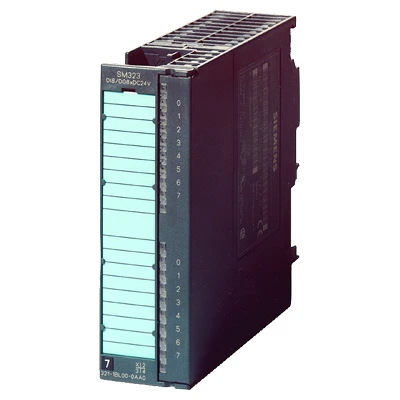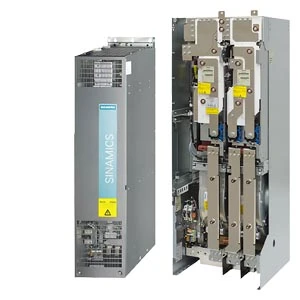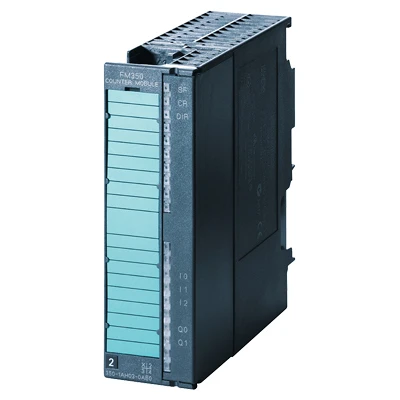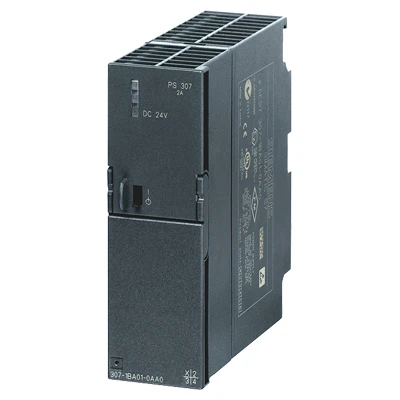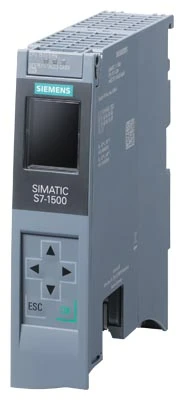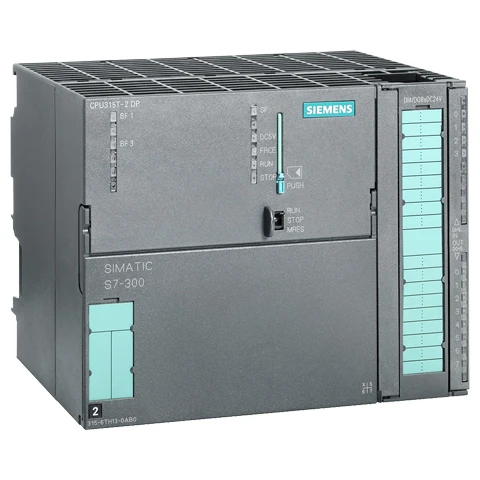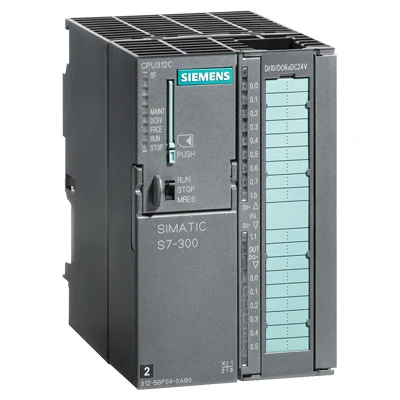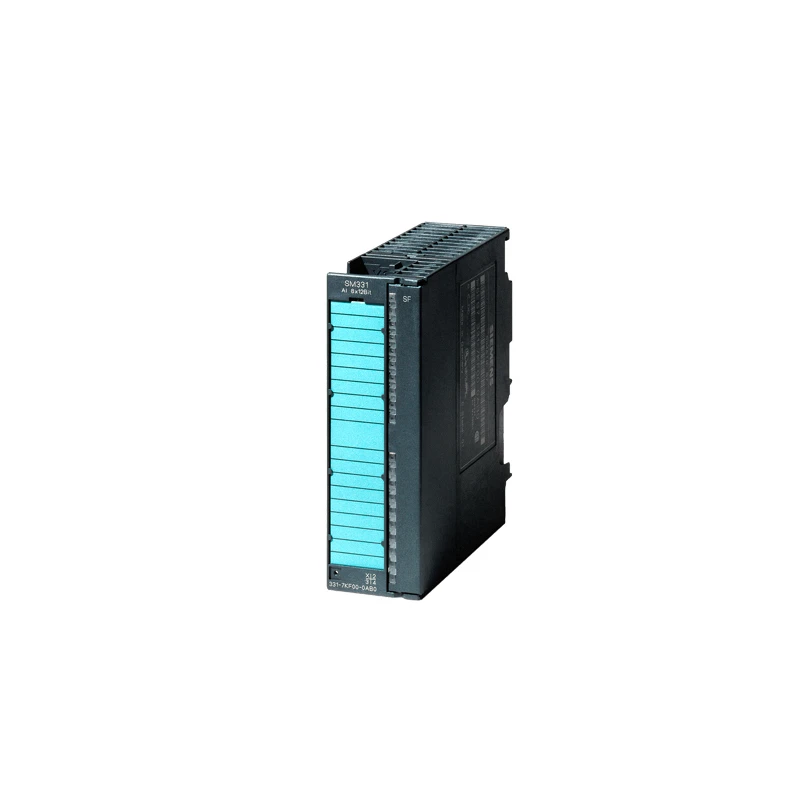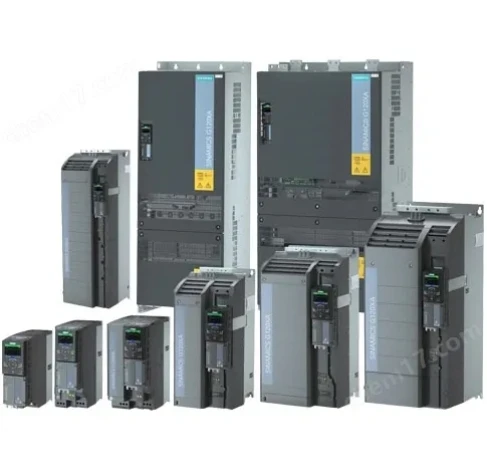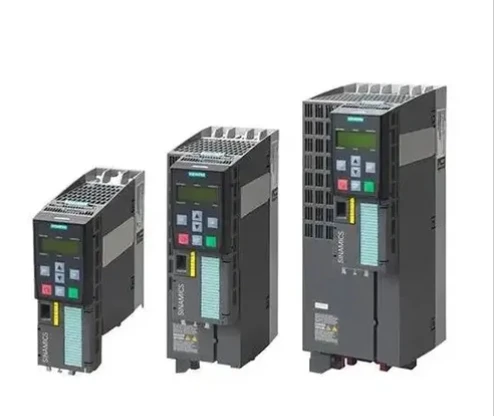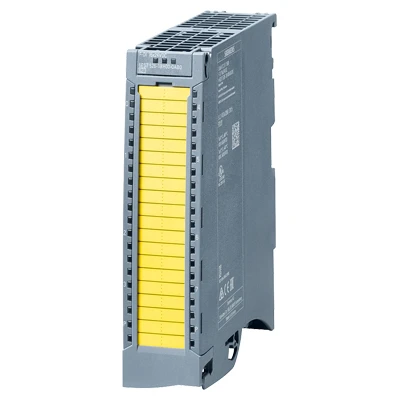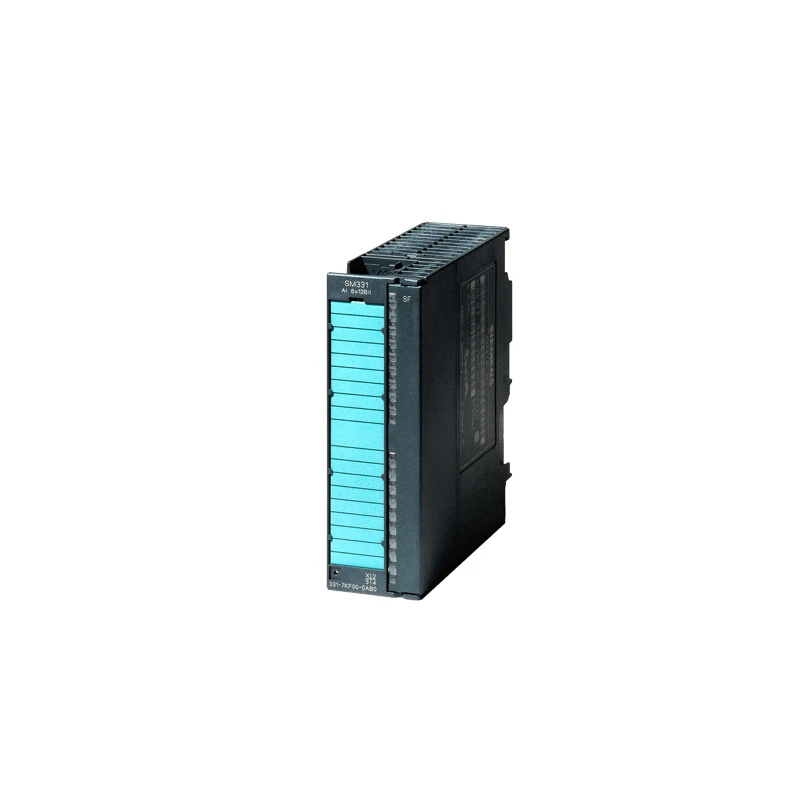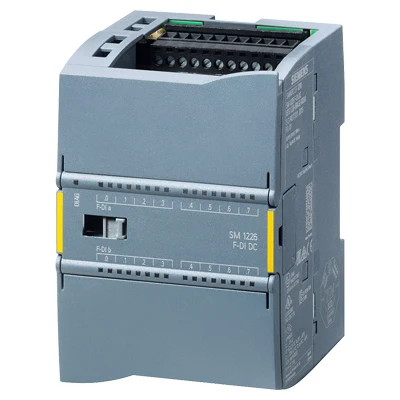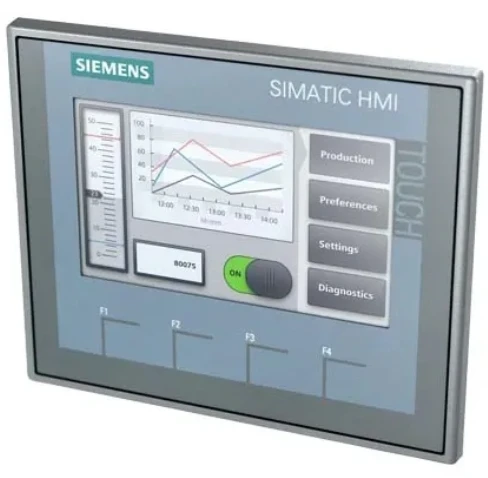Mini CPU For Sale Compact & High-Performance Solutions
- Market overview of compact computing devices
- Key technological advantages explained
- Comparison of leading manufacturer specifications
- Customization options for specialized needs
- Industry application scenarios and case studies
- Purchasing considerations for businesses
- Future developments in micro computing
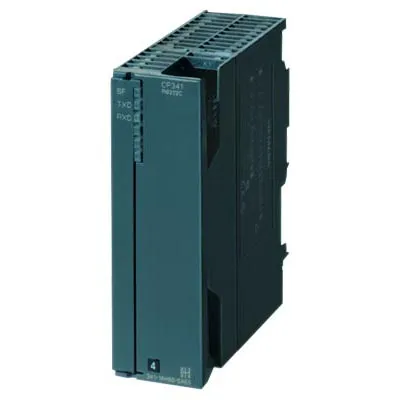
(mini cpu for sale)
The Growing Popularity of Mini CPUs for Sale
Recent market analysis reveals a significant shift toward compact computing solutions. Global sales of micro computing units have surged by 42% year-over-year according to TechNavio's Q3 industry report. This growth trajectory positions the mini computer on sale segment as the fastest expanding hardware category, outpacing traditional desktop solutions by threefold. Several factors contribute to this momentum:
Enterprise technology departments report 68% reduction in hardware maintenance costs after transitioning to compact systems. Energy efficiency metrics show even more dramatic results - miniature computers consume 85% less power than standard workstations while delivering comparable processing capabilities. Datacenter operators increasingly deploy these units for edge computing implementations where physical space constraints demand innovative solutions.
The versatility of modern mini computers for sale extends beyond corporate environments. Educational institutions have deployed over 2.7 million units worldwide for digital classroom initiatives, while healthcare providers utilize them for portable diagnostic equipment. Environmental benefits also contribute to adoption rates, with micro devices generating 92% less electronic waste than conventional counterparts throughout their lifecycle.
Technical Specifications Breakdown
Modern miniature computing platforms pack substantial capabilities into remarkably compact enclosures. Current-generation processors like the Intel N5105 and AMD Ryzen Embedded R2314 deliver 64-bit quad-core performance while maintaining thermal designs under 10W TDP. These efficient chipsets enable fanless operation in most environments, eliminating moving parts that traditionally represent failure points.
Connectivity standards have evolved significantly. Thunderbolt 4 support appears in 78% of premium models surveyed, providing 40Gbps data transfer capabilities. Dual 2.5GbE LAN ports now feature in enterprise-focused configurations, enabling sophisticated network architectures. Storage solutions leverage PCIe Gen4 interfaces with read speeds exceeding 7,000MB/s - comparable to full-sized workstations but in packages smaller than a paperback novel.
Manufacturer Comparison
| Brand | Model | Processor | Dimensions | Ports | Price Range |
|---|---|---|---|---|---|
| Intel | NUC 13 Pro | i7-1360P (12C/16T) | 4.6x4.4x2.0" | Thunderbolt 4, Triple Display | $699-$1,299 |
| ASUS | ExpertCenter PN64 | i9-13900H (14C/20T) | 5.9x5.9x1.9" | Dual LAN, HDMI 2.1 | $849-$1,499 |
| Minisforum | HX99G | Ryzen 9 6900HX + RX 6650M | 6.8x6.5x3.1" | USB4, 8K Output | $949-$1,199 |
| GMKtec | NucBox K1 | Ryzen 7 6800U (8C/16T) | 4.9x4.9x2.0" | Quad Monitor Support | $679-$899 |
Customization Capabilities
OEM solutions have transformed the mini CPU for sale market. Industrial applications require specialized configurations that off-the-shelf models can't provide. Leading manufacturers now offer extensive customization programs:
Operating system flexibility remains the most requested option, with 62% of commercial orders specifying non-standard OS configurations. Linux distributions dominate these requests, particularly Ubuntu LTS and Yocto Project builds for embedded applications. Security-conscious organizations frequently request TPM 2.0 hardware modules pre-installed, with activation rates increasing by 28% year-over-year.
Expansion capabilities prove equally important. Industrial clients deploy PCIe expansion chassis to integrate specialized capture cards or additional network interfaces. Passive cooling modifications enable operation in extreme temperature environments (-40°C to 85°C) for transportation and energy sector deployments. Military specifications require ruggedized casings that withstand 25G operational shock and 95% humidity conditions without performance degradation.
Industry Implementation Scenarios
Digital signage represents the most visible application of micro computing units. Retail chains have standardized on mini PCs to power over 3 million displays globally, citing 91% reliability improvements compared to previous solutions. The hospitality sector deploys them behind televisions for interactive guest services, processing reservation systems and streaming content without dedicated equipment rooms.
Healthcare deployments show particular innovation. Portable ultrasound machines now incorporate industrial-grade micro computers with specialized GPU acceleration for real-time image processing. A Midwest hospital network reported 47% faster patient throughput after implementing these mobile diagnostic stations. Manufacturing facilities increasingly rely on these compact systems for machine vision quality control, with edge computing reducing latency to under 5ms for defect detection algorithms.
Procurement Considerations
Selecting appropriate miniature computing hardware requires careful evaluation. Processing power represents just one factor - thermal design limitations significantly impact sustained performance during extended computational workloads. Quality of components affects longevity; models with industrial-grade capacitors demonstrate 3.2x longer operational lifespans under continuous use.
Corporate IT managers emphasize security features when evaluating mini computers for sale. BIOS-level protection mechanisms prevent firmware tampering, while hardware kill switches physically disable ports for enhanced data protection. Remote management capabilities via Intel vPro or DASH protocols enable efficient administration of distributed deployments. Enterprise support contracts prove essential - average incident response times vary from 4 hours for premium agreements to 48+ hours for consumer-grade offerings.
Secure Your Mini CPU for Sale Today
The performance trajectory of compact computing continues its upward path. Industry analysts project 21% compound annual growth through 2028, fueled by edge computing expansion and workplace digitalization initiatives. New processor architectures promise significant efficiency gains - Intel's upcoming Core Ultra (Meteor Lake) chips reportedly deliver 24% better performance-per-watt than current generation silicon.
Forward-looking enterprises position micro computing solutions at the core of their IT infrastructure strategies. Integrating these systems yields measurable returns: logistics companies report 19% faster processing in warehouse automation systems, while financial institutions benefit from reduced datacenter footprint. When evaluating a mini computer on sale, prioritize vendors offering long-term availability guarantees and hardware refresh programs to maintain operational continuity as technology evolves.
Remaining competitive increasingly depends upon adopting flexible, efficient computing platforms. The current generation of mini CPU for sale options delivers unprecedented capabilities in minimal form factors. Early adopters gain measurable advantages in operational efficiency, energy conservation, and space utilization - critical factors in modern business environments where physical and computational constraints constantly evolve.
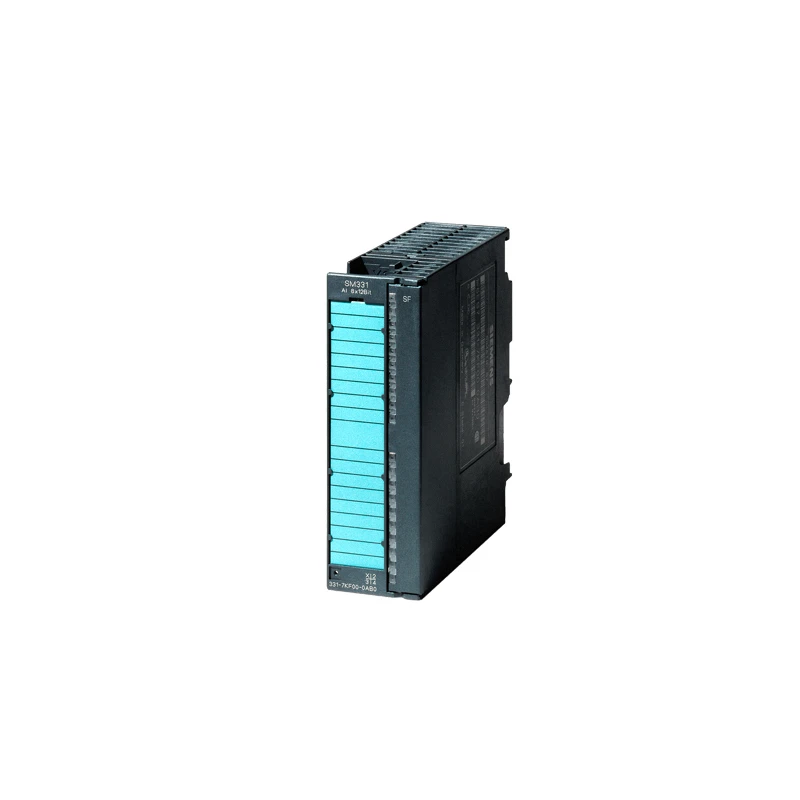
(mini cpu for sale)
FAQS on mini cpu for sale
Q: Where can I buy mini CPUs online?
A: You can purchase mini CPUs directly from manufacturers' websites like Intel NUC or HP EliteDesk. Major retailers like Amazon, BestBuy, and Newegg also stock various mini computers. Check their "Computers & Tablets" sections for current inventory.
Q: Are mini computers powerful enough for office work?
A: Yes, most modern mini PCs easily handle office tasks with energy-efficient processors. Models with Intel Core i3/i5 or AMD Ryzen 3/5 provide smooth performance for documents, spreadsheets and video calls. Many support dual monitors for enhanced productivity.
Q: What's the typical price range for mini computers?
A: Entry-level mini PCs start around $150-$300 for basic models. Mid-range devices with SSD storage and better processors cost $400-$700. Premium business-grade mini workstations can reach $800-$1,200 depending on RAM and processor specs.
Q: Which operating systems do mini computers support?
A: Most ship with Windows 10/11 Pro pre-installed. Many models also support Linux distributions like Ubuntu. Apple's Mac Mini exclusively runs macOS. Always verify OS compatibility in product specifications before purchasing.
Q: Can mini computers connect to standard monitors?
A: Absolutely. Mini PCs typically include HDMI 2.0 and DisplayPort connections. Some models feature USB-C with DisplayPort Alt Mode. Adapters enable compatibility with VGA monitors. Most support 4K resolution displays.

